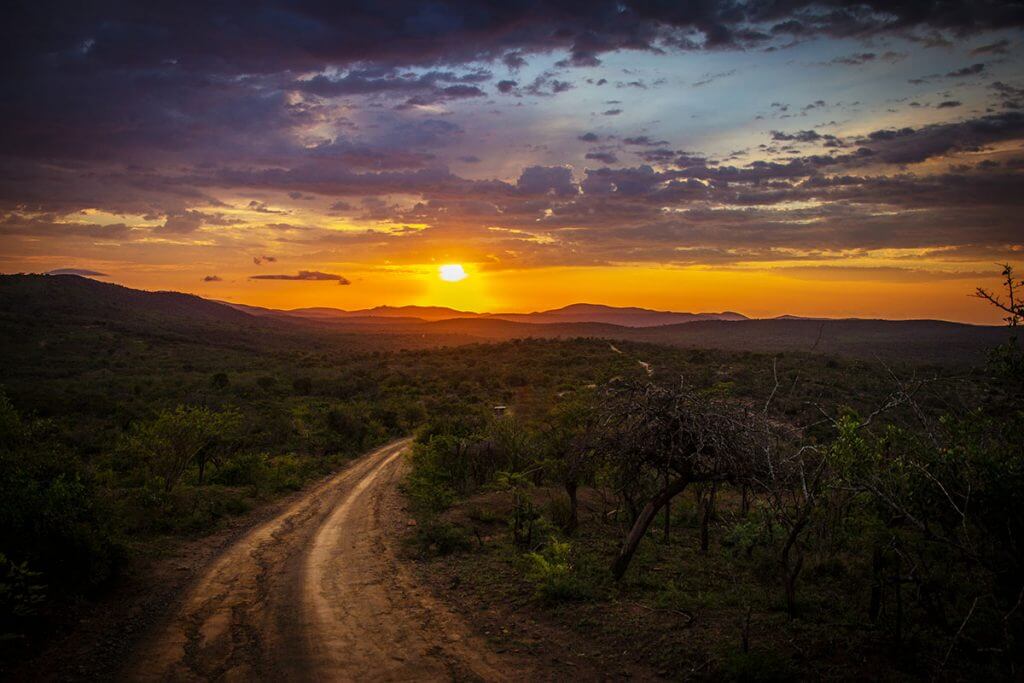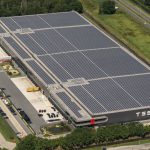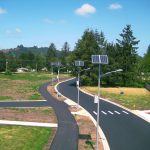Present-day Zimbabwe, a developing nation with it an acute electricity crisis, is taking a cue from other poor African countries and is discovering the usefulness of solar energy.
Their crisis is two-fold, first is a severe scarcity of funds in the Zimbabwe Electricity Supply Authority (ZESA) and second is that of connectivity. The first problem has a simple solution but hard to implement; they would simply need to raise tariff. In a pragmatic solution by the ZESA, it was proposed to hike the tariff from $.0986 per kilowatt hour to about $0.14, an increase of 49 percent. The government fearing public backlash and industry slowdown, declined the proposal.
Then there are those who are completely cast out into the darkness. Even in the 21st century, there are rural areas that are out of the grid area and have no power connection. Village after village goes dark as the sun goes down. This is repeated across borders in many of the African nations.
Amid these dark clouds, some silver lining is visible. Geography’s greatest gift to Zimbabwe is the sun. It’s closeness to the equator makes it an exceptional candidate for developing solar energy. Its solar insolation levels are profitably higher than most other countries. And given the current set of difficulties, solar energy is the only logical way to pursue electricity for this area. The government is pretty bullish on the idea of solar energy. In the last budget, the annual budget allocated 28 million towards the development of alternative energy.
Across the sea in Paris, at the COP 21, 195 member countries pledged to bring down global emission levels. A dream of Sustainable Development Goals(SDG) emerged in the highest corridors of power, across all the world capitals. The United Nations happily backed and praised the idea and urged all members to achieve “energy for all” by 2030. For developing nations like Zimbabwe, it’s a win-win situation as the World Bank has stepped in with its ammo of long-term loans to the alternative energy sector, particularly, solar energy.
A rush towards Sustainable Development Goals is finally bringing smiles in the urban villages. Solar rooftop panels are not only pocket-friendly, but they can be reached out to a wider geographic area. They require no connection with the power grid and can be fitted anywhere easily.
Rural areas alike are now seeing light for the first time in their lives. Modern amenities like TV or fridge are finding a place in the rural homes. Children can study after the sunset and dream of a better future. As a whole, the whole country stands to profit from solar energy investments. Firstly, it will reduce the demand on carbon-based fuel, which is not only becoming expensive but also unviable. Secondly, Zimbabwe currently imports electricity from neighboring countries but still faces an 800 MW power shortage. These imports are taking away a lot of money away from the government coffers.
Investments in mega-solar projects can pave the way towards a holistic future. By exporting power to electricity-hungry nations, surrounding Zimbabwe, it can generate additional revenue for the government at the same time provide employment. It won’t become a net exporter from a net importer overnight, but the deeper they go, the brighter it gets.
If you are wanting to slash your bills by at least 50 percent, give Solar 360 a call. We’ll answer all of your questions and get you started down the road to solar power freedom.









